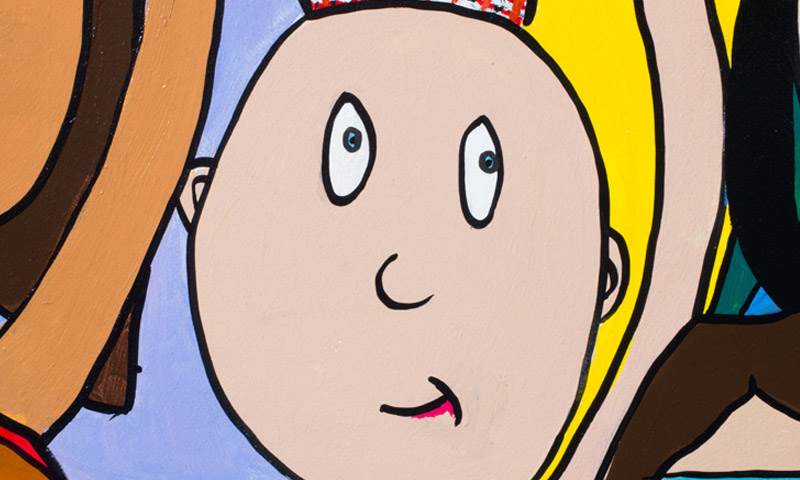Our website uses Cookies - by using this site or closing this message you're agreeing to our Terms & Conditions, Cookie Policy and Privacy Policy
xResearch calls on other nations to ban smacking
Date: 28th January 2021
Category:
Equal protection from violence, Domestic abuse, Children affected by substance misuse, Parental responsibilities, Protection from abuse or neglect

The report adds to a significant body of evidence that physical punishment has a long-lasting impact on children’s health and behaviour. It calls on England and Northern Ireland to follow Scotland and Wales’s lead in granting children equal protection from violence.
The research analysed data from almost 9,000 children born in the UK in 2000 to 2001. Researchers looked at the frequency of certain parenting behaviours which occurred when children were under three years old. These behaviours included smacking and shouting, in addition to other factors which impact on children’s human rights - such as parental depression and drug and alcohol use.
The researchers tracked how these behaviours impacted children through parent/carer questionnaires. These asked questions ranging from whether their child had many friends to whether they worried a lot.
The research found that physical punishment, harsh parenting and parental depression were the most commonly reported behaviours. These were found to have a strong impact on children – leading to increased reports of fighting, lying, cheating and hyperactivity.
The study concludes “[t]here is good evidence that legal bans [on physical punishment] are associated with accelerated declines in the prevalence of physical punishment as well as reductions in severe physical abuse.” It calls on England and Northern Ireland to follow Scotland and Wales in ensuring children have equal protection from violence across all settings, upholding their rights under the Article 19 of the UN Convention on the Rights of the Child.
Read the study in full here.
Find out more about the impact of physical punishment on children’s rights here.
